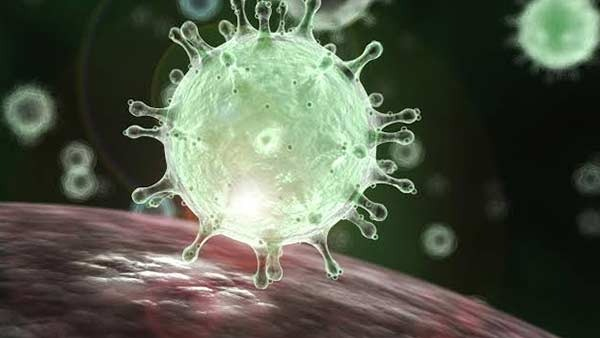Outbreak Alert: MERS-CoV Symptoms Detected In Abu Dhabi; Is It Fatal?
International
oi-Madhuri Adnal

Despite the world’s emergence from the COVID pandemic, the MERS-CoV virus persists, infecting individuals in various regions.
On Monday, the WHO reported a fresh case in Abu Dhabi. A 28-year-old man was diagnosed with the potentially fatal Middle East Respiratory Syndrome Coronavirus (MERS-CoV) after being hospitalized last month.

Reuters reported that the WHO, despite thoroughly examining the list of all 108 individuals the man had been in contact with, could not find any link to the contraction of the virus.
What is MERS-CoV?
Middle East respiratory syndrome (MERS) is a viral respiratory disease caused by the Middle East respiratory syndrome coronavirus (MERS-CoV) and was first identified in Saudi Arabia in 2012. Coronaviruses are a diverse group of viruses that can lead to illnesses ranging from the common cold to severe conditions like Severe Acute Respiratory Syndrome (SARS) and Coronavirus Disease-2019 (COVID-19).
 Coronavirus Only Affects Human Body, Communal Virus Affects Body Politic: Sibal on Manipur Violence
Coronavirus Only Affects Human Body, Communal Virus Affects Body Politic: Sibal on Manipur Violence
Symptoms:
- Typical symptoms of MERS include fever, cough, and shortness of breath. While pneumonia is common, not all MERS patients develop this condition. Some may also experience gastrointestinal symptoms like diarrhea.
- Approximately 35% of MERS cases reported to the World Health Organization (WHO) have resulted in death.
- MERS-CoV is a zoonotic virus, meaning it can be transmitted between animals and humans. It has been linked to infections in dromedary camels in several regions, including the Middle East, Africa, and South Asia.
- Transmission can occur through contact with infected camels or through human-to-human transmission, primarily among close contacts and in healthcare settings. The largest outbreaks have occurred in healthcare facilities.
Treatment:
There is no specific vaccine or treatment for MERS at present. Prevention involves practicing good hygiene, avoiding contact with sick animals, and consuming properly cooked animal products. Individuals at higher risk of severe disease should avoid contact with camels, raw camel products, and undercooked meat.
Currently, research is ongoing for MERS-specific vaccines and treatments, but supportive care remains the mainstay for managing MERS patients.
For all the latest World News Click Here
For the latest news and updates, follow us on Google News.


